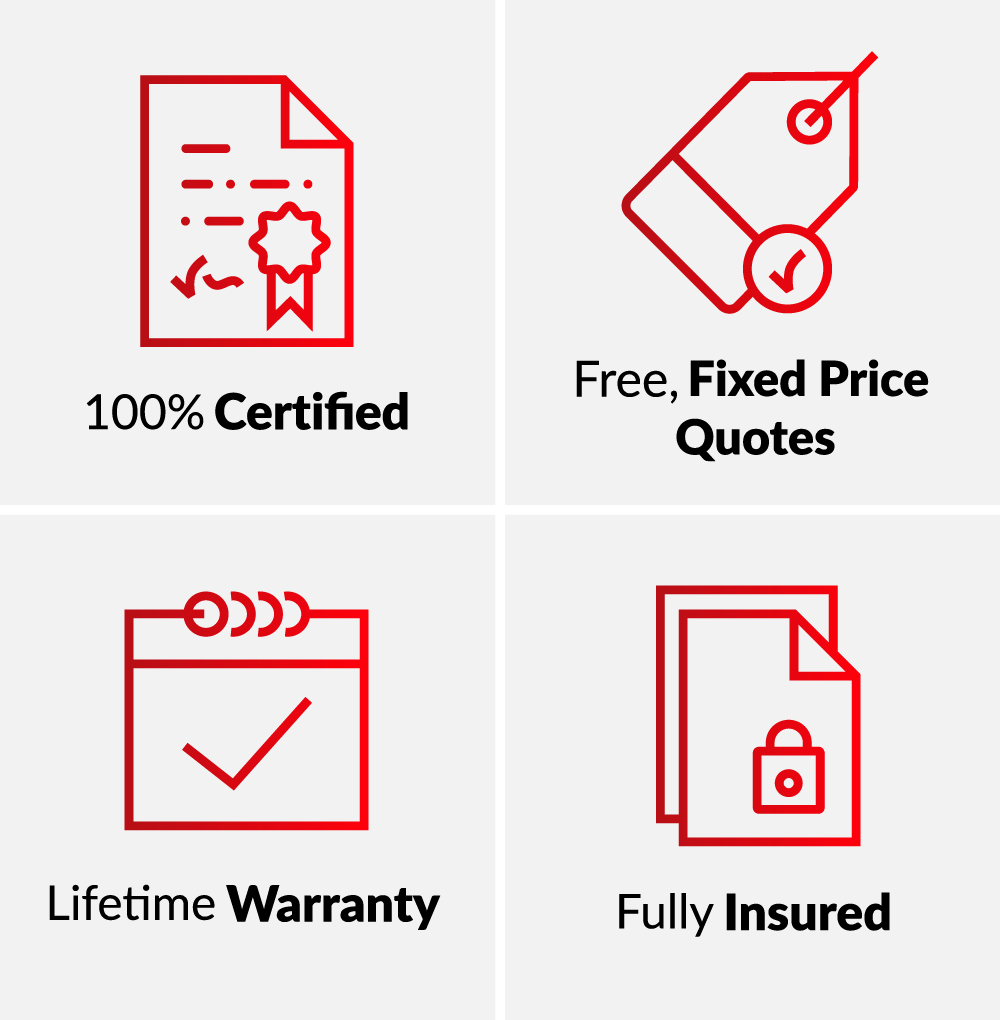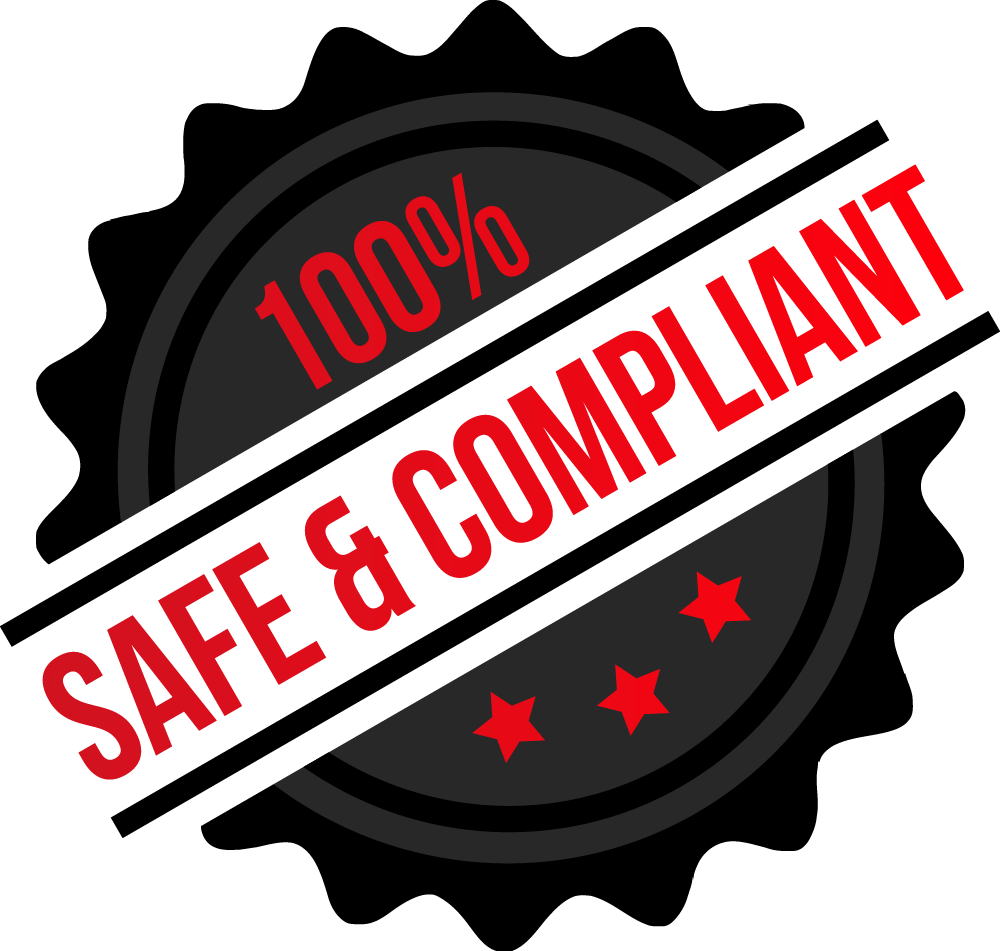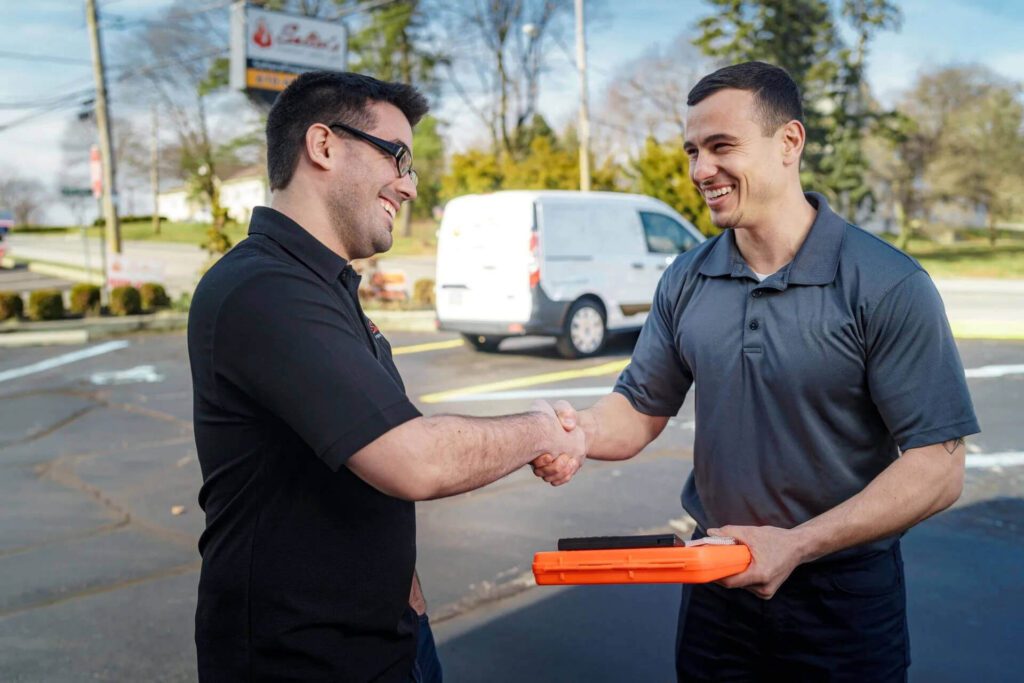Solar Panel Installation Specialists Sunshine Coast
Get $50 off the first job + a free home safety audit.
LIVESG has provided a trustworthy
client-focused service for 15+ years.


Do You Need A Solar Specialist At Your Home Or Business?
Ensuring your power stays on and that your family stays safe should be the number one priority in your home. Our Sunshine Coast solar installers conduct a home safety audit on every call, so you can be sure you are dealing with a company that really looks out for its customers.
Need a solar repair or installation Quote?
We Are The Solar Installer Specialists
The solar industry is full of time wasters and lazy contractors who show up late or not at all. We guarantee we’ll show up on time, every time. You won’t be left wasting time or energy waiting around for a solar installer who’ll probably never turn up.
Give us a call with the assurance that we get back to you within 60 minutes. How is that even possible? We’re so sick of unreliable solar experts, we’re making it our mission to deliver people like you the service you deserve. With 24/7 service we’ve got you covered anywhere across the Sunshine Coast.

Here’s Just A Few Reasons LiVE Services Group Is The Best Choice For Your Solar Needs
Enjoy A Cost Effective Solution To Your Problem
We can offer an affordable solution to your problem and give you an up front price so you avoid nasty hidden charges or unexpected costs down the line.
You’ll Get Workmanship Of The Highest Quality
Our work is guaranteed for life – we make sure the job is completed to the highest standards so you don’t waste time or money on repeated callouts.
Get $50 off the first job + A Free home safety audit
Right now you can get $50 off your your first job PLUS a complimentary home safety audit, so you can rest comfortably knowing you and your loved ones are safe.
We’ll Get Back To You Within An Hour*
Need a job done fast? We promise to get back to you within 60 minutes so any solar issue you have is solved faster – before it costs you money.
We Never Cut Corners Or Use Unsafe Methods
Our team are insured and accredited so you can sleep easy knowing your staff and workplace won’t be exposed to any unnecessary safety risks! This includes following the safety protocols associated with COVID19.
Don’t Risk Unsafe Work Which Could Harm Your Family
Don’t waste your time hiring dodgy ‘cash only’ solar specialists who aren’t properly trained and don’t follow safety regulations. Keep your family safe by trained solar technicians who follow the government’s safety COVID19 protocols.
Our Solar technicians can be found on the Sunshine Coast, Caloundra, Maroochydore, Sippy Downs, Gympie, Coolum, Noosa and everywhere else in-between. They are certified and highly skilled, plus they use the best materials available so your work is guaranteed for life.
One Call Does It All –5 Years Parts and Lifetime Labour Warranty.


Get Fast And Reliable Solar Repairs Without Major Disruptions Or A Mountain Of Dust Left.
You deserve a solar technician who works quickly and finishes the job without a mess. That’s why we focus on completing the task at hand with minimal disruption to your home, and we make sure to leave your house as clean as we found it.
We’ll be in and out without a fuss, so you don’t have to worry about disruptions or lengthy delays which can create inconveniences. Plus, your family members will be able to continue with their daily routine without being bothered by piles of dust or muddy footprints left all over the place.






Free No-Obligation Fixed Price Quote
Do you need a solar technician? Contact us and we will get back to you in under 60 minutes, guaranteed. On top of this, we will provide you with a fixed price quote based on your solar needs. Our Solar technicians are available in Buderim, Caloundra, Coolum, Kawana Waters, Maroochydore, Noosa, Caboolture, the Sunshine Coast and anywhere else in South East QLD.
Contact us now to find out more about our offers including $50 off PLUS our free full home safety audit.
One Call Does It All – Energex Cashback Applicable with 5 Years Parts and Labour Warrant
Frequently Asked Questions
To ensure that you can have solar installed later, there are a few things you can do now during the building process. First, you will need to make sure that the orientation of your building is suitable for solar panels. This means that the roof or exterior walls should have enough exposure to direct sunlight. You will also need to make sure that your building is strong enough to support the weight of solar panels, as well as any additional equipment that may be needed for your solar system. Additionally, you should consider running electrical wiring to the location where your solar panels will be installed, as this will make it easier to connect your solar system to your building’s electrical system. Finally, you should research local zoning and building regulations to ensure that your plans for solar installation are in compliance.
Solar energy is an incredibly cost-effective way to reduce your electricity bills. Depending on the system you choose, you could save anywhere from a few hundred dollars to thousands each year. The amount you save will depend largely on the size of your system and where you live, as well as how much sunlight your area gets throughout the year. Solar panels typically last for up to 25 years and require very little maintenance, making them a great long-term investment. Additionally, many states offer tax credits and other incentives that can help lower your initial installation costs even further. With all these factors taken into account, solar energy can easily become one of the most cost-effective investments you make in your home.
If you invest in a better solar panel, you can expect to reap a number of benefits. First and foremost, a higher quality solar panel will be more efficient at converting sunlight into electricity. This means that it will generate more power per square foot, allowing you to generate more electricity from a smaller area.
Additionally, a better solar panel will be more durable and have a longer lifespan. This means that you will be able to rely on it for a longer period of time without having to worry about replacing it. This can save you money in the long run as you won’t have to invest in a new panel as often.
A better solar panel will also be more aesthetically pleasing. Many higher-quality panels come in sleek, modern designs that are much less obtrusive than older, clunkier models. This can be important if you are concerned about the appearance of your home or business.
Furthermore, a better solar panel may also come with additional features and benefits. Some panels come with built-in inverters, for example, which can make it easier to connect your solar system to your home’s electrical system. Others may have advanced monitoring systems that allow you to track your energy production in real-time.
Solar panel efficiency refers to the ability of a solar panel to convert sunlight into electricity. This is typically measured as a percentage, with higher percentages indicating more efficient panels.
There are several factors that can affect a solar panel’s efficiency, such as the type of solar cells used, the amount of sunlight it receives, and the temperature of the panel. High-quality solar panels with advanced solar cell technology tend to have higher efficiency ratings, as do panels that are optimized for specific geographic locations and weather conditions.
For most consumers, choosing a solar panel with high efficiency is an important consideration. Higher-efficiency panels can generate more electricity per square foot, which means that you can generate more power with a smaller array of panels. This can save you space on your roof or property and may also save you money on installation costs.
Do I need optimisers or micro-inverters? It depends on your needs and the type of installation that you are going for. If you want to maximize the efficiency of your solar system, then these components can be beneficial. They work together to ensure that each panel is receiving the maximum amount of sunlight, helping to make sure that you are getting the most out of your investment. Micro-inverters also help in reducing losses due to mismatched panels and shading, resulting in higher energy production. So even if you don’t “need” them, they are still worth it if you want to get the most out of your solar system. However, in some cases, it may not be cost-effective to install these components, so it’s important to consider your options carefully before deciding on a course of action.
Yes, you can add batteries to your solar power system. Having batteries in addition to the solar panel system can be very beneficial, as it allows you to store energy during times when the sun is not shining and use it later on. This means that you will have a more consistent supply of electricity, even at night or on cloudy days. Batteries also allow you to access any extra energy produced by the solar panels so that nothing goes to waste. The size and number of batteries you need depend on a variety of factors, including the capacity of your solar panel system and your own energy needs. If you are considering adding batteries to your solar power system, it is best to consult an expert who can help determine what type and how many batteries will be most suitable for your specific needs.
Shade is one of the most significant factors that can reduce the performance of solar panels. Solar panels need direct sunlight in order to generate electricity, and if a panel is shaded, it will no longer be able to absorb enough energy. This reduces the amount of electricity generated and can even cause the system to shut down completely. Shade from trees, buildings, or even clouds can all have an effect on how much power your solar panels are able to generate. Additionally, if the shade is constantly covering a specific area of your solar array, then that particular spot will not receive any sunlight at all, which can lead to permanent damage over time. It’s important to ensure your solar panel array has access to as much direct sunlight as possible in order to maximize its efficiency and lifespan.
If you want to increase your solar system size later, the best thing to do now is to invest in a quality solar panel system. This means researching different companies and their different models and products, deciding on a budget for the system, and looking into any tax credits or other incentives that might be available to help offset the cost of the installation. You should also consider the amount of space you have available for your setup and what type of mounting system you need for your solar panels. Once you have all this information in hand, contact several potential installers and get an estimate on what is required for your project. Finally, make sure you read all contracts carefully before signing and make sure you understand each part of the agreement before committing to anything. Investing in a quality solar panel system now will help ensure that when it comes time to expand your solar system size later, you’ll be ready with the right equipment and know-how.



